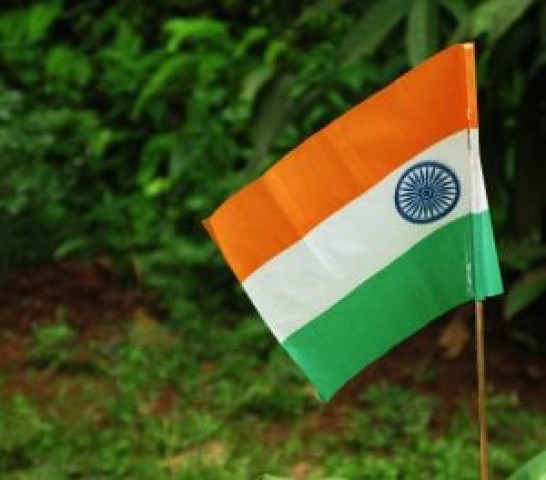Corruption in India
A law is only as good as those who are tasked with implementing it.

Corruption in India
The problem in Pakistan is that access to justice is selective. Corruption charges against serving government officials either slowly make their way through the courts or are heard by the Supreme Court if they decide to take suo motu notice. Providing speedy justice to all becomes a near impossibility. Relying on the Supreme Court’s suo motu powers is no substitute for an orderly process where all concerns can be heard and investigated. But even if we were to adopt an anti-corruption bill similar to India’s, we wouldn’t necessarily be able to ensure that action is taken against officials found corrupt. A law is only as good as those who are tasked with implementing it and in Pakistan there is an unfortunate dearth of judges and police officials who can carry out the intensive investigative work needed to unearth corruption. Also, corruption cases in Pakistan are tackled on the principle of victor’s justice. The National Accountability Bureau set up by Pervez Musharraf and Nawaz Sharif’s Ehtesab Bureau were not too dissimilar from the Indian model. However, these were set up with the express purpose of targeting the rulers’ political enemies. The true test of our ability to fight corruption will take place not when we introduce a bill in the National Assembly but when the government has to investigate itself.
Published in The Express Tribune, August 7th, 2011.















COMMENTS
Comments are moderated and generally will be posted if they are on-topic and not abusive.
For more information, please see our Comments FAQ